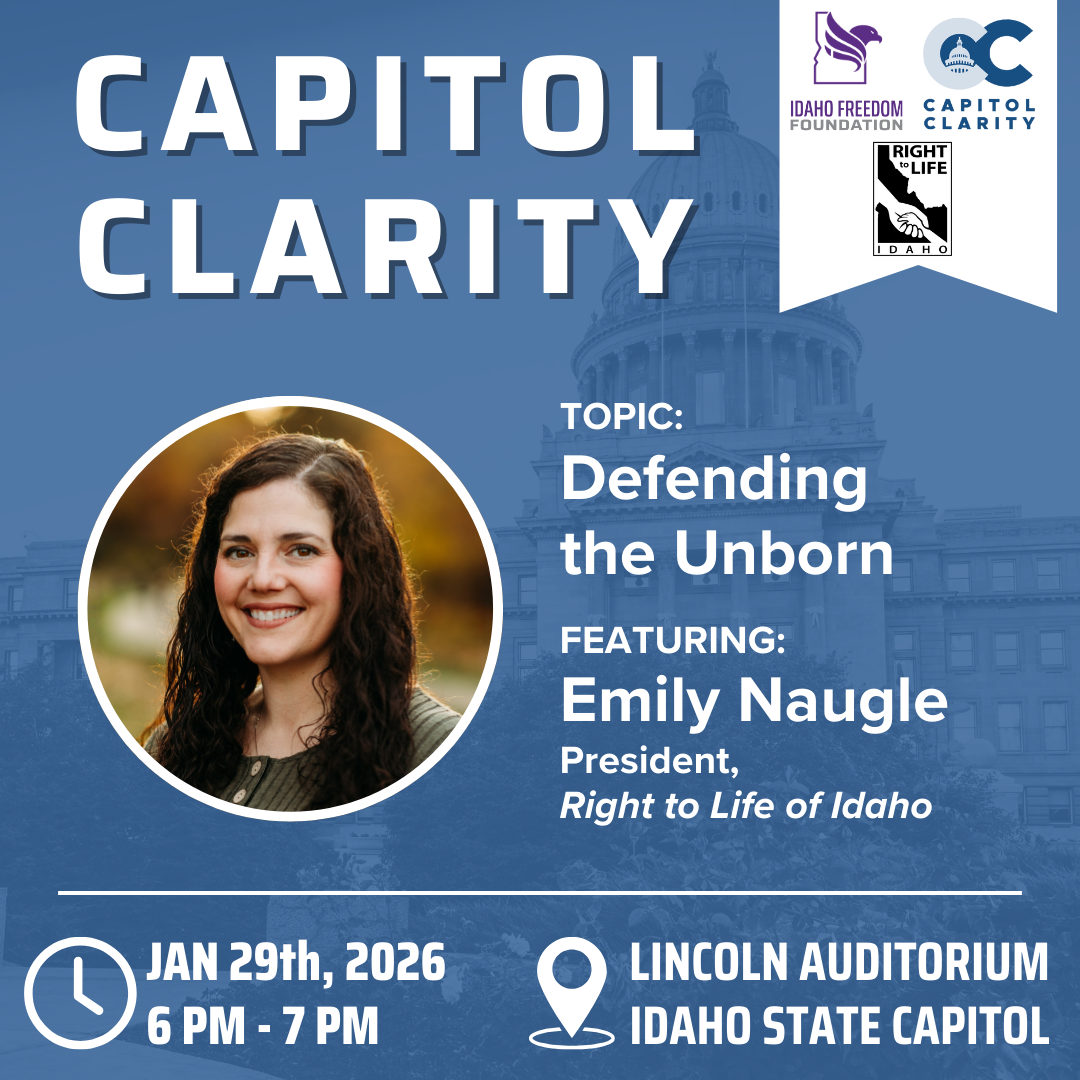
In March 2008, the Friedman Foundation for Educational Choice conducted a survey of 1,000 likely voters in Idaho to measure public opinion on a range of education issues. What the survey found is "nearly half of Idaho voters are not satisfied with the state's current public school system - 47% rate Idaho's public school system as ‘poor' or ‘fair.'" The poll also revealed that "Idahoans like school choice reforms - 67% express favorability to charter schools."
If there is such a desire for more and better education choices in Idaho, then why has the state Legislature set a cap on the number of charter schools that can be created each year?
The Idaho Freedom Foundation supports school choice including one of its largest components, public charter schools. The reason for our support is simple:
Here are some frequently asked questions about charter school, and their answers.
What is a charter school? What makes it different?
A charter school is a public school which is exempt from some of the rules and regulations applying to regular public schools. In exchange for this freedom, public charter schools are accountable to the terms set forth in their charters. If a school fails to fulfill these terms, it can be closed down. Since they are public, charter schools are tuition-free. All public charter school pupils are subject to the same statewide testing standards as those students in the regular public schools.
Some public charter schools specialize in a certain area, such as the arts or mathematics. Some strive to impart a better general education. Some focus on underserved or at-risk students. Virtual public charter schools deliver their curriculum primarily by means of the Internet.
Many public charter schools are founded by parents and teachers who want more choices. A founding group might think children would be well served in a calm, highly-structured environment like that at a Harbor Method school. Another group might see value in a hands-on, Expeditionary Learning-Outward Bound model. Often, children who cannot succeed in a regular classroom thrive in virtual public charter schools.
In Idaho, those interested in founding a public charter school can apply for a charter either from the school district where the school will be located, or from the statewide Idaho Public Charter School Commission. Founding a school usually takes at least two years. Among other things, founders need to prove they have a detailed plan for student education, a business plan for hiring teachers and administrators, facilities for students including a building, and a three- to five-year budget projection. Help is available for those folks - usually volunteers - who are willing to undergo this lengthy process.
Unlike the regular public schools, all public charter school funds, including those for buildings, come from the federal and (mostly) state per-pupil funding allotment. In regular districts, local property taxes pay for buildings, and the district can call for a vote for additional levies. Public charter schools are not entitled to property taxes or bond levies, and therefore are funded at about 80% of the level of regular public schools.
I've heard charter schools are controversial. Why is this?
Misinformation and, of course, money. A few of the stickiest points are as follows:
So why should we have charter schools?
Have you ever seen "Jay Walking" on The Tonight Show with Jay Leno? Anyone who cares about the future of our country has to be appalled by the spectacle of adults walking around, functioning in society, with no apparent knowledge of the larger culture. How can they engage in a national conversation about anything important? How can they vote? Something has to be done about our general ignorance, and for what other reason should schools exist, except to impart knowledge and dispel ignorance?
The education establishment has been reluctant to rock the boat, and the results can be seen on The Tonight Show. Public charter schools have led the way in creating better schools with better curricula and teaching techniques. For example, research in cognitive science is exploding. Ways to deliver content so students retain it better are being demonstrated at the college level and - guess where? - in public charter schools. Technological innovations mean geography no longer determines whether a child can have a world-class education. This can mean everything to students in a rural, sparsely-populated state like Idaho.
Public charter schools are feeding the rising tide that just may lift all children's boats - if the tide is not artificially quelled by oppressive regulations. If we are allowed to continue to innovate, odds are more children will get more out of school, and life.


